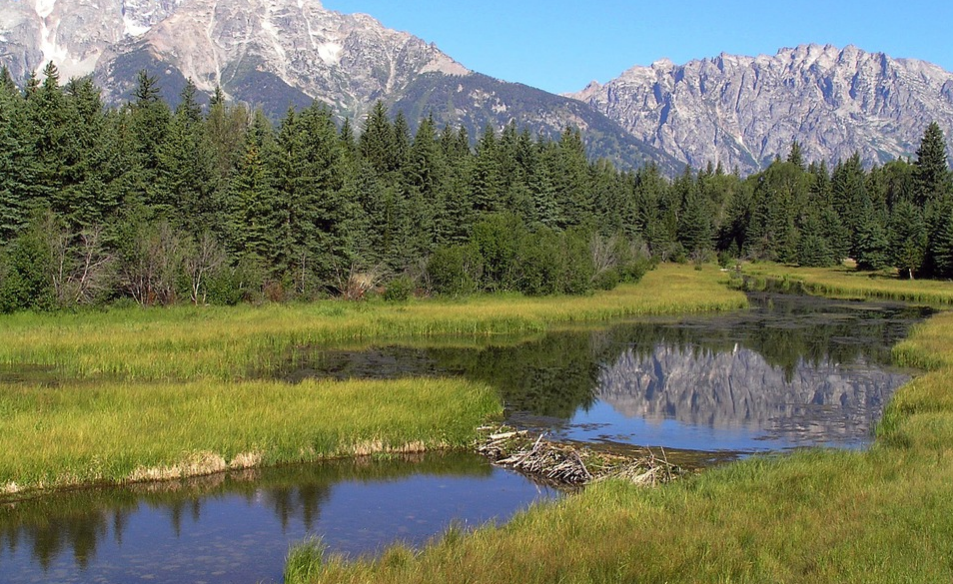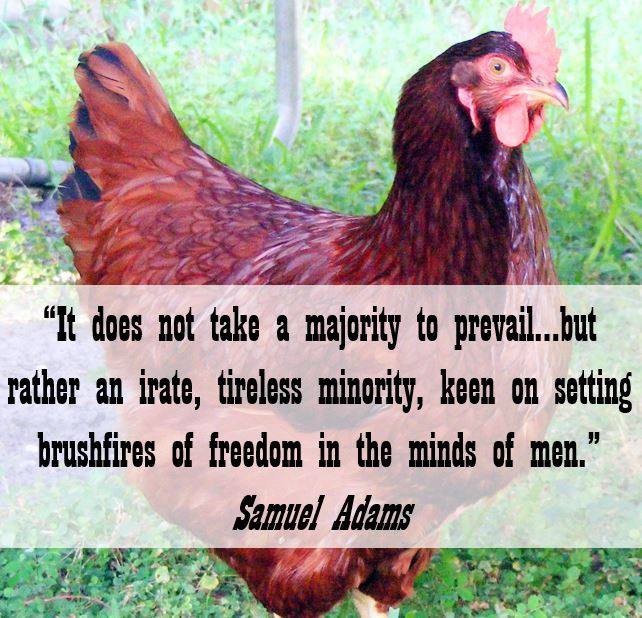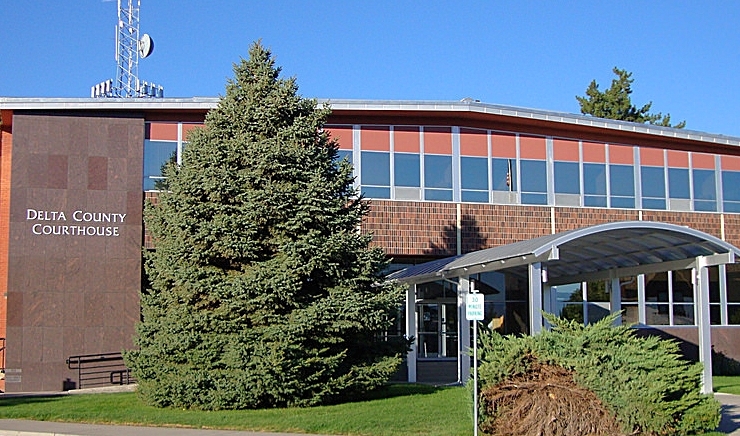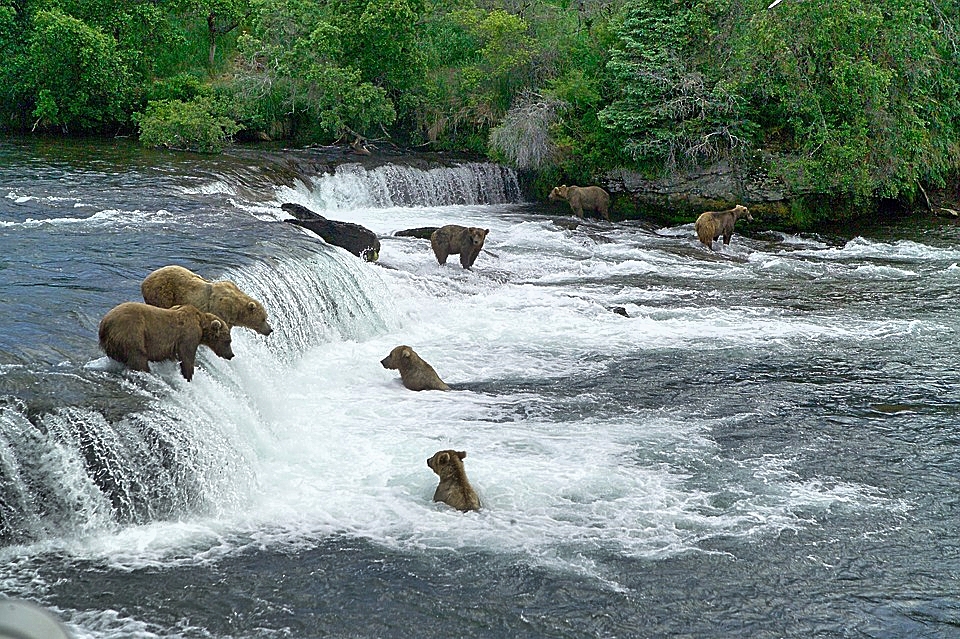“Under the Obama Administration, lands in Wyoming and all across the west were the target of aggressive federal regulations that were devastating to our jobs, our land, and our way of life,” said U.S. Rep. Liz Cheney in a statement Monday.
Heather Richards
Wyoming delegation moves against Obama regs
Wyoming’s congressional delegation took steps Monday to repeal three Obama-era regulations that affect coal mining, oil and gas drilling and public land management in the state.
The anticipated move is part of a widespread strategy from current conservative political leaders, including Wyoming’s delegation, to dismantle what they see as federal strong-arming on environmental issues.
“Under the Obama Administration, lands in Wyoming and all across the west were the target of aggressive federal regulations that were devastating to our jobs, our land, and our way of life,” said U.S. Rep. Liz Cheney in a statement Monday.
Cheney introduced a motion to revoke the Bureau of Land Management’s updated land use plan, BLM 2.0, arguing that it undermines the strength of local input, from county commissioners to governors.
U.S. Sens. John Barrasso and Mike Enzi motioned to dismantle the same federal land agency’s venting and flaring rules. A similar fate was proposed for the Stream Protection Rule, which would force coal companies to restore streams and surrounding vegetation that were adversely affected from nearby coal mining to pre-mining conditions.
The lawmakers are using the Congressional Review Act to accomplish the repeals, a mechanism that gives Congress a 60-day window to slash rules and regulations from a previous administration.
Environmental and public land recreation advocates have pushed back against the bevy of proposed repeals, saying arbitrary repeals undermine the public good and undercut the agencies’ responsibility to carry out their missions on public lands.
Moreover, they oppose the finality of a Congressional Review Act repeal, which would prohibit the agencies from starting again on a rule that had been annulled unless directly instructed to do so by Congress.
Land management
Some of the political choices are baffling, like revoking BLM 2.0, said Joel Webster, Western lands director for the Theodore Roosevelt Conservation Partnership.
“It’s very hard to understand why anybody would be opposed to it,” he said. “… A lot of the concerns are more being created out of somebody’s imagination than reality.”
Before BLM 2.0, the agency was carrying out planning and rule-making based on a system developed in 1983. It was updated after a long review process to allow the public a chance to weigh in at the beginning of the rule-making process, he said. For years, a draft would be developed before the public understood the scope of a rule, introducing controversies and concerns late in the process.
What the rule doesn’t do, Webster said, is undermine the input of county commissioners and governors, an early complaint that some believe ended up in the final draft.
There may be issues with BLM 2.0, Webster acknowledged, but they should be addressed by the new Department of the Interior and the administrative process, not by Congress, he said.
To use the CRA is to revert to the 1983 plan with no means to update or adapt the process, he said.
“It sounds like a nightmare scenario for Congress to micromanage these federal agencies,” Webster said.
Flaring
The BLM flaring rule has been more controversial than BLM 2.0. It forces companies to do on-the-ground checks for leaks and take advantage of new technology to catch fugitive emissions.
Proposed for repeal by Barrasso, the rule is currently being contested in the courts by industry groups and states including Wyoming.
Opponents argue that the BLM overstepped its congressional authority in developing a rule over air quality.
In a statement Monday, Barrasso echoed that position, saying the BLM should focus on boosting industry, not reducing emissions.
“Instead of enforcing a duplicative regulation, BLM should use its limited resources to permit natural gas pipelines on federal lands in a timely manner. Pipelines will help producers capture additional gas and get that gas to market. These projects will also create jobs and provide energy for Americans,” he said.
Those in favor of the emissions rule say it is a matter of both environmental precaution and the responsible management of public resources. As the agency that oversees public resources like natural gas and coal, the BLM is within its right to develop gas waste rules, they say.
Barrasso’s actions against the rule are disappointing, said Jon Goldstein, senior energy policy manager at the Environmental Defense Fund. Goldstein was involved in the successful development of emissions controls in Wyoming’s Upper Green River Basin, an area once plagued by dangerous ground level ozone levels.
“It’s detrimental if this is going to pass and be signed by the president,” Goldstein said “It not only undoes the rule but prevents the agency from doing something similar. It’s really a sledgehammer, where a scalpel would suffice.”
Wyoming loses about $42 million a year in revenue from natural gas that’s leaked, vented and flared every year, Goldstein said.
Wasted public money is an issue that resonates even outside the environmental community.
“You don’t have to support the methane waste rule to see why repealing it using the Congressional Review Act will only make the problem worse,” Ryan Alexander, president of Taxpayers for Common Sense, said. “Taxpayers have been losing millions every year from wasted gas thanks to outdated, ineffective rules. A vote to repeal the methane rule is a vote to make the old rules permanent, which would be a disaster for taxpayers.”
Streams
The Streams Rule is also on the CRA chopping block. The resolution of disapproval was brought by West Virginia and Ohio lawmakers.
Wyoming companies have pointed out that the rule does not work for western mines. Some state regulators have argued that the federal agency, the Office of Surface Mining Reclamation and Enforcement, did not collaborate with the state in developing the rule.
Environmentalists, however, have praised the rule as a protection of Wyoming’s water resources.
A vote on the Streams Protection Rule in the House is expected Wednesday. The BLM flaring rule may go before the House on Friday. Under the Congressional Review Act, resolutions of disapproval for rules and regulations need a simple majority in each house to be repealed. They also need the signature of the president.

Free Range Report


